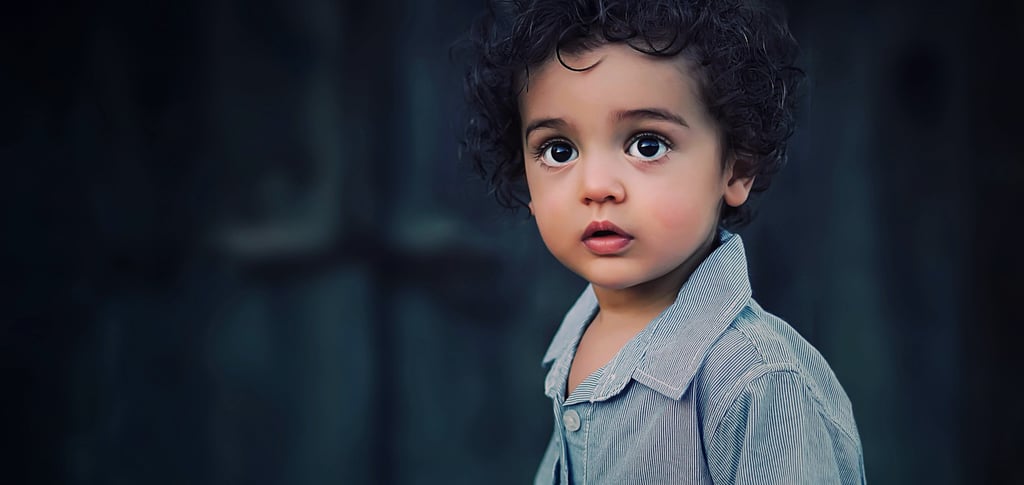Do You Have ACEs (Adverse Childhood Experiences)?
Your childhood experiences can have a deeper impact on your mental and physical health than you might realize. Understanding Adverse Childhood Experiences (ACEs) is the first step toward healing—and in Malaysia, the statistics reveal just how important it is to start the conversation.


Our childhood experiences play a significant role in shaping our adult selves. Difficult experiences during childhood, known as Adverse Childhood Experiences (ACEs), can have a lasting impact on your mental, emotional, and even physical health.
What Are ACEs?
ACEs are traumatic or stressful events that happen before the age of 18. ACEs include:
Physical Abuse – For example, being hit, slapped, or otherwise physically hurt.
Emotional Abuse – Such as being constantly criticized, shamed, or made to feel unworthy.
Sexual Abuse – For instance, being touched inappropriately or forced into sexual situations.
Physical Neglect – This might include not having enough food, clean clothing, or a safe place to live.
Emotional Neglect – Such as having your emotions dismissed as 'childish/dramatic', or not being comforted when upset.
Living with Someone Who Has a Mental Illness – For example, a caregiver who struggled with depression or anxiety.
Living with Someone Who Has a Substance Use Disorder – Such as a caregiver with alcohol or drug addiction.
Witnessing Domestic Violence – For instance, seeing one parent threaten or physically harm the other.
Incarceration of a Family Member – Such as having a parent or sibling who was in prison.
Parental Divorce or Separation
The more ACEs you experience, the higher your risk of mental health challenges like depression and suicidal thoughts; behavioral risks such as substance use and physical inactivity; and even long-term physical health issues like heart disease, diabetes, and autoimmune disorders.
The Malaysian Context: A Look at Malaysia Adverse Childhood Experiences (ACE) Statistics.
A study of 973 undergraduate students at a public university in northeast Malaysia (2019–2021) found the following prevalence of ACEs:
Exposure to Community Violence: 39.3%
Physical Abuse: 28.7%
Physical Neglect: 9.1%
Emotional Abuse: 30.2%
Emotional Neglect: 29.2%
Sexual Abuse: 6.1%
Parental Divorce/Separation: 5.5%
These figures highlight the alarming prevalence of ACEs as a public health concern in Malaysia.
Why Should You Care
Understanding ACEs can help explain why you may struggle with anxiety, depression, or even trust issues. Even if you don’t have clear memories of these events, they can still influence your life. Recognizing this connection is the first step toward healing.
How ACEs Impact Mental Health
Growing up in a stressful environment can lead to coping strategies like:
Being overly alert (hypervigilant)
Avoiding emotions or memories
Difficulty trusting others
While these strategies might have helped as a child, they can cause anxiety, depression, or even PTSD later in life. The good news? Healing is possible.
How Can You Start Healing?
Practice Self-Compassion: Understand that your struggles aren’t your fault, and healing takes time.
Build Supportive Relationships: Having people you can reply on makes a big difference in the healing process.
Talk to a Professional: Therapy, especially trauma-informed care, can help you process these experiences.
You Don’t Have to Be Defined by Your Past
ACEs may have shaped parts of your story, but they don’t have to define your future. The first step toward healing is acknowledging the impact they’ve had on you, and that you have the power to heal.
If you’re ready to start your healing journey, Mind Wave is here to help. Contact us today; we’re with you every step of the way.
References
Felitti, V. J., Anda, R. F., Nordenberg, D., Williamson, D. F., Spitz, A. M., Edwards, V., Koss, M. P., & Marks, J. S. (1998). Relationship of childhood abuse and household dysfunction to many of the leading causes of death in adults. American Journal of Preventive Medicine, 14(4), 245–258.
Majid, M., Ab Rahman, A., & Taib, F. (2023). Adverse childhood experiences and health risk behaviours among the undergraduate health campus students. The Malaysian Journal of Medical Sciences : MJMS, 30(1), 152–161.
Merrick, M. T., Ports, K. A., Ford, D. C., Afifi, T. O., Gershoff, E. T., & Grogan-Kaylor, A. (2017). Unpacking the impact of adverse childhood experiences on adult mental health. Child Abuse & Neglect, 69, 10–19.
Ortiz, R. (2019). Building resilience against the sequelae of adverse childhood experiences: Rise up, change your life, and reform health care. American Journal of Lifestyle Medicine, 13(5), 470–479.


